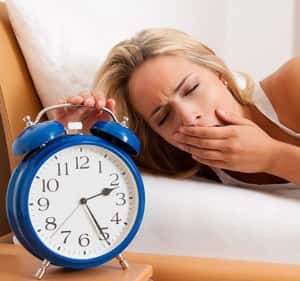
Q. As an active, fit woman in my 50s, I found it increasingly hard to sleep at night. I would go to bed exhausted and finally fall asleep, only to awaken one hour later, unable to get back to sleep. I was taking an OTC sleep aid and melatonin to no avail.
When shopping for cosmetics at a department store, I told the salesperson about my sleep dilemma, and how it almost seemed like my nighttime ritual could be the problem. She told me it most likely was!
She is a retired chemist from Eli Lilly. She showed me the very small print indicating that caffeine is added to moisturizers and eye creams to reduce wrinkles.
I was shocked. Now I read the fine print and only buy products without caffeine. My night’s sleep is much improved.
A. We were surprised to learn that moisturizers, eye creams and many other cosmetics may contain caffeine.
How Much Caffeine
There is no question that caffeine is absorbed through the skin, but we don’t know how much caffeine beauty products contain. Manufacturers are not required to provide that information.
It is not clear whether facial creams and body lotions would supply enough caffeine to cause wakefulness. You might be especially sensitive to the stimulating effect of this compound.
We appreciate you alerting our readers to check their nighttime lotions. Caffeine is sometimes added to eye creams to reduce puffiness, but the appearance of your eyes at night may be less important than being able to get a good night’s sleep.
We endorse reading the fine print on any body care product carefully. EWG (Environmental Working Group) has posted a list of skin care products that contain caffeine if you want to check on your favorites.

